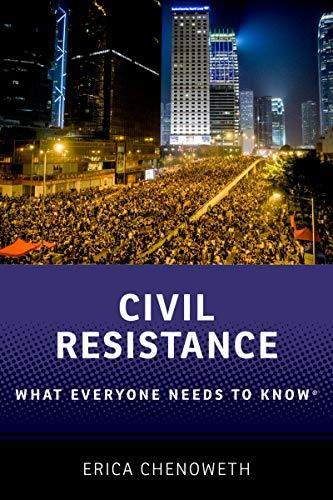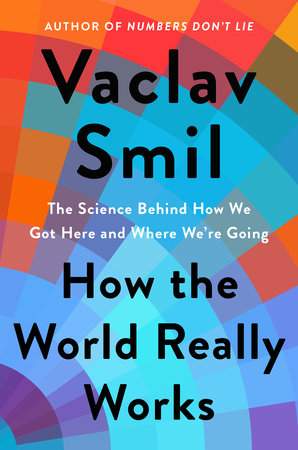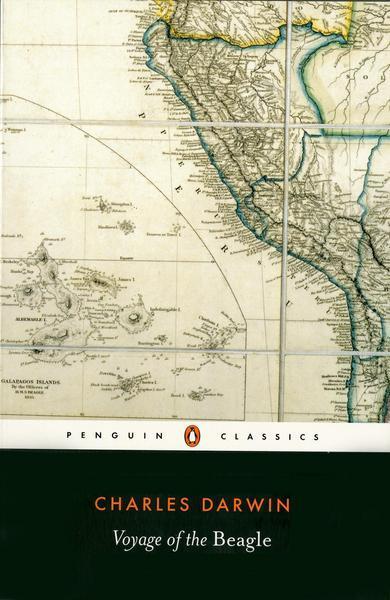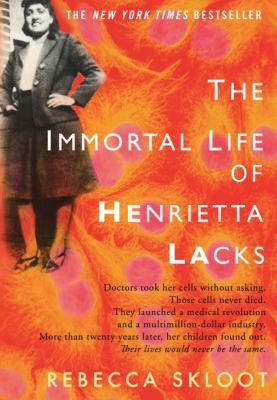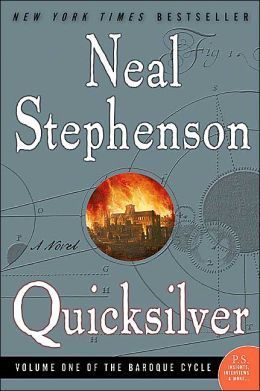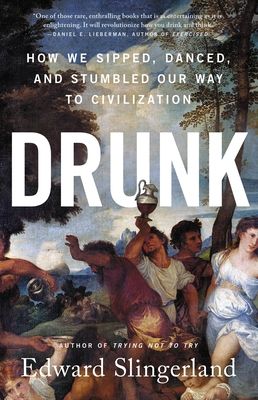Civil Resistance: What Everyone Needs to Know
Not only does civil resistance work, but it is more than twice as effective as violent resistance!
As a non-academic, I find Chenoweth’s Civil Resistance highly accessible. Not only that, it is inspiring.
Earlier this year, I got tear-gassed at a largely peaceful protest. And last month, France erupted into riots because police killed an unarmed 17 boy of North African extraction.
Chenoweth might be an academic, but what she studies is not restricted to the Ivory Tower.
